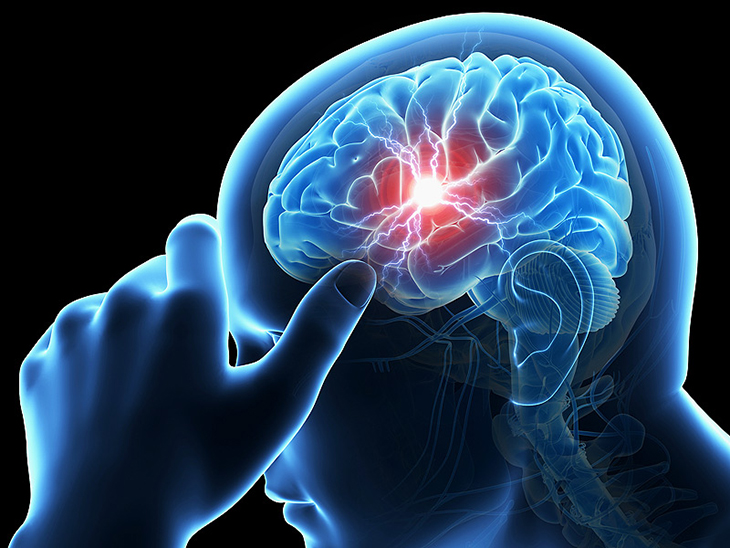
A group of neuroscientists from Johns Hopkins have figured out a mechanism in the brain that’s thought to be behind age-related memory loss. This system sits within the hippocampus, which is the brain’s memory center, and finding it has provided new light on the causes of dementia while finding ways to combat Alzheimer’s disease and other common age-related neurological disorders.
Professor James Knierim of Boston University said, “With many memory disorders, something is going wrong with this area.”
This particular mechanism lies in a small region called the CA3, which sits deep in the brain’s temporal lobe within the hippocampus. This is what aids in recognizing patterns, while influencing the delicate balance between pattern separation and pattern completion operations, and moreover, memory and learning.
When these systems go off balance due to the brain aging, the memory also becomes impaired, which is what causes symptoms such as repeating oneself and forgetfulness.
Based on their mice studies, the team from Hopkins now believes that this could be due to the loss of the CA3. Here, ‘the pattern separation function fades away and the pattern completion function takes over.’
They also explain that the neurons that are responsible for each of these functions are normally more prevalent in the center and at the edge, respectively. When it comes to aging, activity within the middle portion becomes overactive, while the interplay that goes on between the two regions becomes abnormal, which is what creates a dominance in pattern completion.
In brains that are considered “normal,” the pattern separation and pattern completion tend to work side by side to sort and make sense of experiences and perceptions – from the most basic ones to the more highly complex ones.
For example, if you were to visit a restaurant with your family, then one month later, you visit the same one with a group of friends, you should be able to recognize that it was the very same restaurant that you visited even though some details have altered. This is what you call pattern completion. But you must also remember which conversation happened when so that you don’t forget or confuse the two experiences. This is what you call pattern separation.
When pattern separation disappears, this is when pattern completion ends up overpowering the process.
When your brain focuses on the common experience of the restaurant alongside the exclusion of the details of each visit, you may possibly remember the conversation about the trip you made on one trip, but may mistake who was talking.
Professor Kneirim explains, “We all make these mistakes, but they just tend to get worse with aging.”
Further explained in the journal Cell Reports, during the experiments, the researchers “young” rats that had unimpaired memories with “older” rats that had unimpaired or impaired memories. What they found was that the older rats with unimpaired memories performed water maze tasks just as well as the younger rats.
However, neurons in the CA3 region of the older rats showed that they were already beginning to lean more on favor pattern completion at the expense of separation. But the physiological finding didn’t show up in their actual behavior.
There was something that was allowing the rats to compensate for this particular deficit. This is also echoed in humans who manage to remain quite sharp, even in their older years.
By being able to identify this memory loss mechanism could possibly lay the groundwork for figuring out what prevents impairment in some people, which in turn, will provide the path to preventing or at least delaying cognitive decline in the elderly.
Professor Kneirim said, “If we can’t stop it, maybe we can enhance other parts of the brain to compensate for the losses that are occurring.”
This same team formerly demonstrated how the anti-epilepsy drug, Levetiracetam, managed to improve memory performance by reducing hyperactivity in the hippocampus. But this latest and more precise information about how the memory impairment actually occurs may just allow scientists to focus more on such drugs that could help deal with these possible future deficits. Yet scientists also share that these currently used drugs can only treat the symptoms and not yet the cause. But they are hopeful that they may shed new light on future treatments nonetheless.



